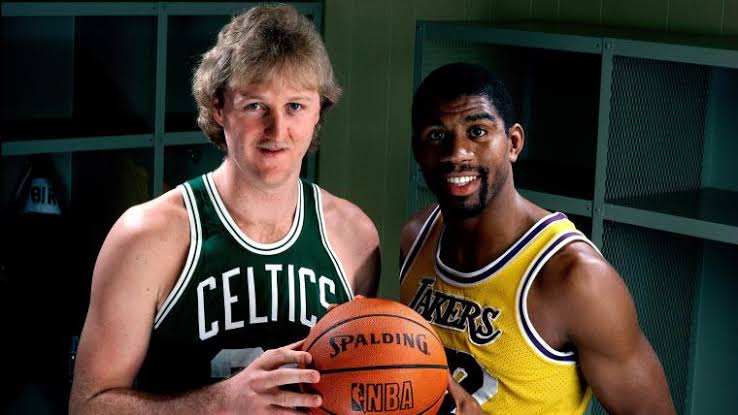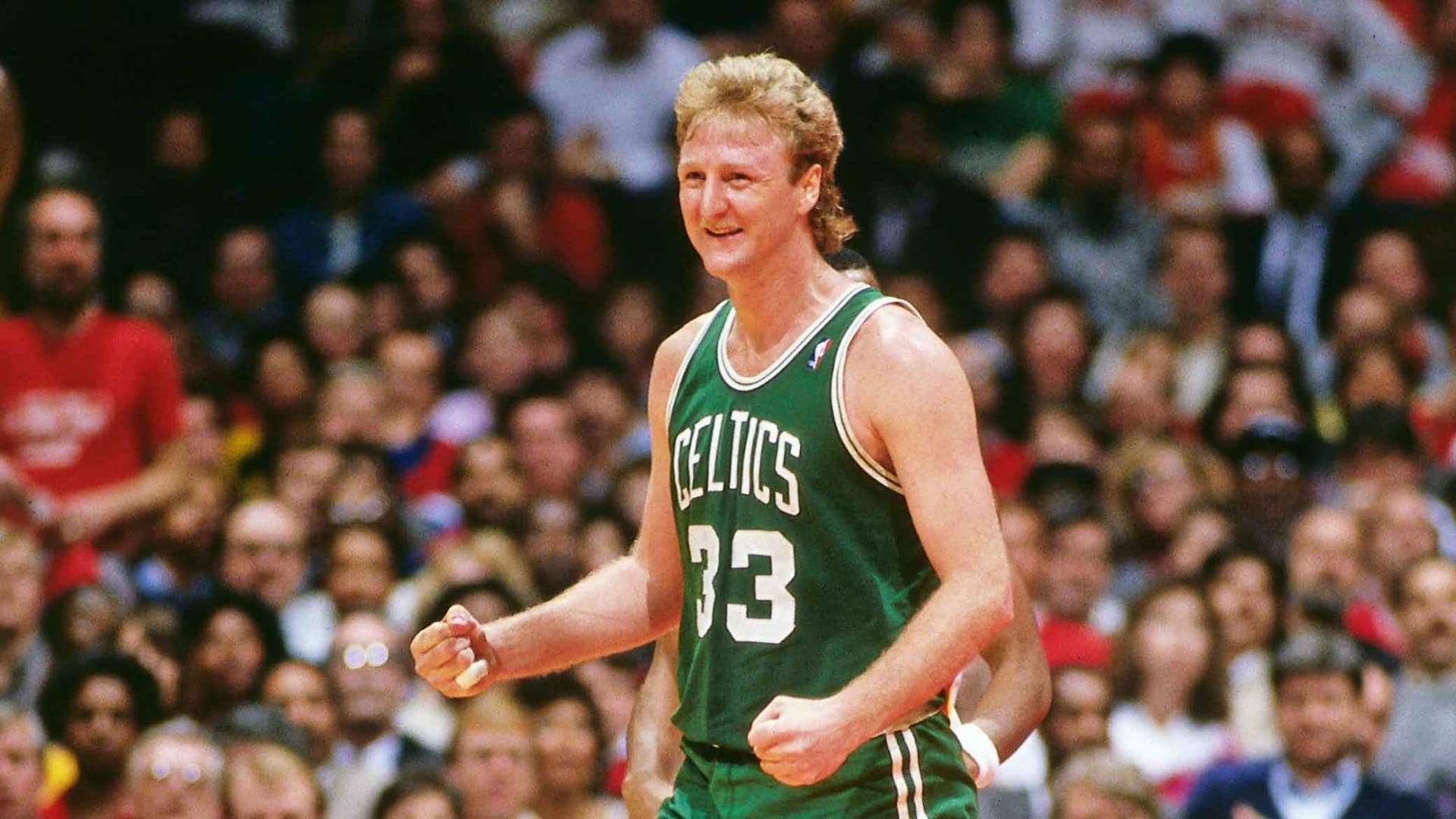Larry Bird, one of the most iconic figures in NBA history, left an indelible mark not only through his on-court performances but also by influencing changes in the rules of the game. His exceptional skills, basketball IQ, and competitive nature led the league to adapt in ways that have had lasting impacts.

While Bird himself was not directly responsible for creating the salary cap or free agency, his presence and the Celtics’ dominance in the 1980s were significant factors in the NBA’s economic reforms. The concept of the “Larry Bird exception” allowed teams to exceed the salary cap to re-sign their own free agents, ensuring that star players like Bird could stay with their teams. This rule change, introduced in the 1983 Collective Bargaining Agreement, was instrumental in helping teams retain their core players while maintaining competitive balance in the league.
Larry Bird’s proficiency from beyond the arc and his impact on the game helped popularize the three-point shot. His ability to score from long range forced teams to strategize defensively in new ways. In 1984, the NBA introduced a three-point shooting contest during the All-Star Weekend, largely due to Bird’s shooting prowess. Over time, Bird’s influence contributed to the evolution of the three-point line’s role in the game, ultimately leading to its expansion and greater emphasis in modern basketball strategy.
Bird’s offensive skill set and his ability to maneuver past defenders led to a stricter enforcement of hand-checking rules. In the late 1980s and early 1990s, the NBA began to crack down on defenders using their hands to impede offensive players’ movements. This rule enforcement was designed to create a freer-flowing game and reduce the physicality that could hinder skilled offensive players like Bird from showcasing their talents.
During Bird’s era, the NBA had strict rules against zone defenses, requiring teams to play man-to-man defense. However, Bird’s exceptional court vision and passing ability often led teams to employ disguised zones or hybrid defenses to contain him. The challenges posed by such strategies eventually led the NBA to revisit and modify its defensive rules. In the early 2000s, the league officially legalized zone defenses, allowing for more strategic variety and adjustments in response to dominant offensive players.
Bird’s intense competitive nature and occasional use of physicality to gain an advantage contributed to discussions about offensive fouls and flopping. While the NBA’s stricter policies on flopping were implemented long after Bird retired, his style of play and the tactics used by defenders against him highlighted the need for clearer rules and penalties to address deceptive practices aimed at drawing fouls.

Larry Bird’s legacy extends beyond his three NBA championships, two NBA Finals MVPs, and three regular-season MVPs. His influence on the game’s evolution, through both his exceptional play and the strategic adaptations he prompted, has left a lasting impact on how basketball is played and regulated. Bird’s ability to change the game, both on and off the court, solidifies his place among the legends who have shaped the NBA for generations.




